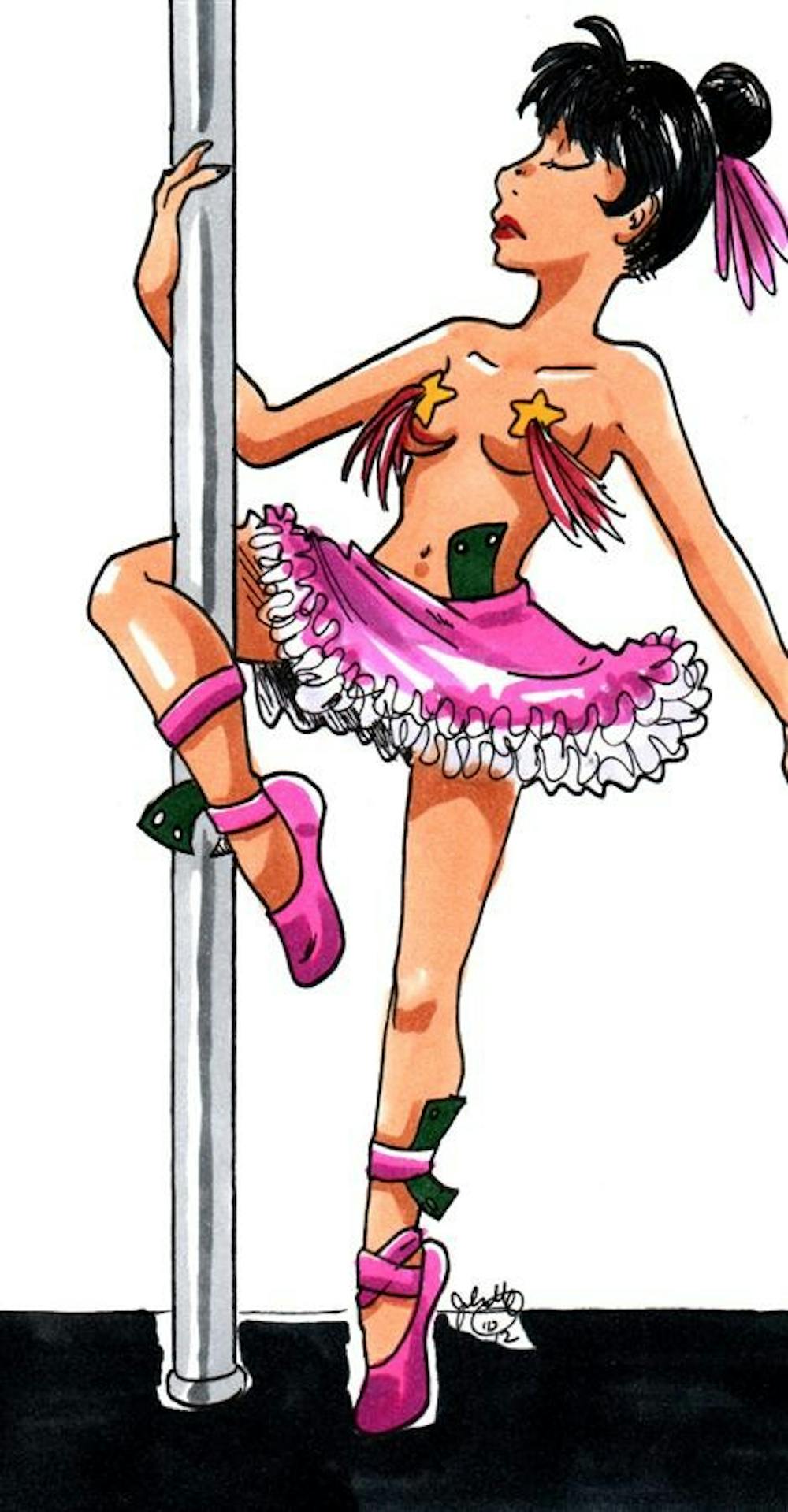What do strippers and ballerinas have in common?
Well, as of now, apparently a lot less than some had hoped.
After appealing the initial decision, a New York State Court of Appeals voted that strip clubs do, in fact, have to pay their sales tax. The decision was split, 4-3.
The reasoning behind the establishment in question was that the girls dancing on the tables throughout evenings were demonstrating “dramatic or musical arts performances.”
This would basically mean that, if granted, the club would be exempt because the artistic abilities of these dancers are equal with that of a ballerina and should be exempt because of the arts.
Funding for the arts has been an issue that torments not only school systems but American culture as a whole.
These tax exemptions to allow many establishments to avoid paying their sales tax are an attempt to encourage such artistic performance opportunities, like ballets, operas, orchestras and plays.
But, apparently, not stripping.
It is reputedly a popular choice for many ballerinas who can no longer sustain the rigor of their performance art to turn to exotic dancing as a second career option, in that it demonstrates many of the same appeals of dancing and movement.
The bigger issue, however, is whether the two art forms are truly in the same class.
While dancing ballet demonstrates a high-class art, it is clear that stripping would be considered a very low-class art.
But, does it even count as that?
The intensity and dedication required to truly dedicate oneself to dancing is very much unmatched by the work of stripping.
Yet those who are in favor of such a decision would argue that it is not fair to simply treat the stripping industry differently because it may not be as classy.
The argument is that both art forms are types of dancing, and even though stripping comes with less polished, polite styles, it is, at the same time, a form of art and should be treated in the same way as any other artistic performance.
The dissenting opinion the trial uses is the example of Hustler magazine in contrast with the New Yorker.
The writer claims that, although these publications are extraordinarily different in content, it would be unrealistic to impose a tax on Hustler that would not be impressed on the New Yorker, if only for the reason of its social standing.
Through and through, the tables of a club are a very different location for performances than a stage in an opera house.
Although the audiences may equally enjoy the dances, the taxes behind it are most definitely not the same.
String quartet or g-string?

Get stories like this in your inbox
Subscribe




